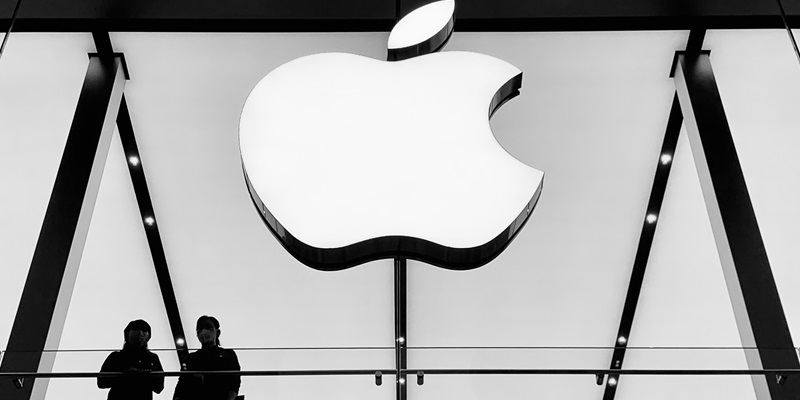Tata Group, one of India’s largest conglomerates, has unveiled its plans to construct one of the largest iPhone assembly plants in the country. This move is aimed at capitalizing on Apple’s increasing interest in localizing its manufacturing operations in India. With the facility expected to boast around 20 assembly lines and employ a workforce of 50,000 within the next two years, this ambitious project signifies Tata’s dedication to strengthening its partnership with Apple, which already collaborates with the conglomerate on iPhone production.
Facility Details
The upcoming plant is set to substantially enhance Apple’s ongoing efforts to bring more local elements into its supply chain. With the capacity to accommodate 20 assembly lines, the facility’s scale is expected to be substantial, and its operation will result in the creation of thousands of job opportunities, contributing to the growth of both the local workforce and the Indian manufacturing sector as a whole.
Localization Efforts
Collaborating with Tata Group will strengthen Apple’s commitment to localizing its supply chain within India. By establishing a significant manufacturing presence in the country, Apple aims to reduce its reliance on importing components and products from abroad. This strategic move will not only help streamline the production process but also enable Apple to respond more effectively to the specific demands of the Indian market.
Diversification Strategy
Apple’s collaboration with the Tata Group aligns with the tech giant’s broader diversification strategy, which involves shifting its operations away from China. In recent years, Apple has been actively working with assembly and component manufacturing partners in various countries, including India, Thailand, Malaysia, and more. By expanding its footprint in India, Apple aims to mitigate risks associated with overreliance on a single manufacturing hub and tap into the country’s growing consumer market.
Tata’s Existing Operations
In anticipation of the new iPhone assembly plant, Tata has already accelerated its hiring process at its present facility in Hosur, where it produces iPhone enclosures. Additionally, the conglomerate has announced plans to launch 100 retail stores solely focused on Apple products. These endeavors not only align with Tata’s commitment to boost local manufacturing but also underline the growing demand for Apple products in India.
Government Support
Crucially, Prime Minister Narendra Modi’s production-linked subsidies have played a pivotal role in spurring Apple’s key suppliers to ramp up production within India. These incentives have significantly contributed to the country’s share of iPhone production, which has currently reached around 7%. As Tata Group constructs this substantial assembly plant, it is probable that Apple and Tata will seek government support in the form of subsidies to further bolster their manufacturing capabilities.
Plant Size Comparison
Once operational, the new iPhone assembly plant is expected to be a mid-sized facility on a global scale. While it will be larger than the plant Tata acquired from Wistron, it is anticipated to be smaller in size compared to some of Foxconn’s largest facilities in China. Nonetheless, the plant’s significant production capacity will undoubtedly contribute to Apple’s global supply chain and reinforce its commitment to Indian manufacturing.
Potential Government Subsidies
Given the expected start of production at the new facility aligning with the expiration of previous financial incentives, Apple and Tata are likely to explore potential government subsidies. These subsidies would facilitate a seamless transition and ensure smooth operation, regardless of any changes to the existing subsidy framework.
Timeline for Operations
Tata Group’s goal is to establish the site and commence operations within a timeline of 12 to 18 months. This ambitious plan underscores Tata’s commitment to quickly ramp up its production capabilities to meet Apple’s demands and capitalize on the local market.
With Tata Group’s ambitious plans to construct a large-scale iPhone assembly plant in India, alongside Apple’s continued diversification away from China, the two companies are poised to fortify their manufacturing partnership. Eager to reduce its dependency on foreign imports, Apple’s increased local production will strengthen its supply chain resilience. By leveraging Prime Minister Narendra Modi’s incentives and capitalizing on India’s burgeoning consumer market, the new facility will position both Tata and Apple at the forefront of the country’s growing manufacturing landscape. As of now, both Apple and Tata representatives have refrained from providing specific comments on the matter, leaving eager industry observers to await further developments in this exciting collaboration.

